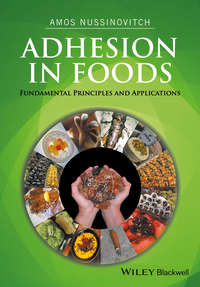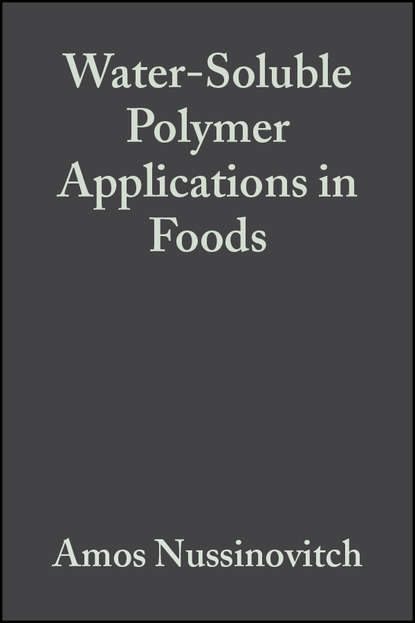Amos Nussinovitch - Adhesion in Foods. Fundamental Principles and Applications

To the layman, adhesion is a simple matter of how well two different materials stick together, and adhesion measurements provide some indication of the force required to separate them. However, a more detailed look at adhesion shows that it is a very important feature of food throughout its manufacturing, packaging and storage. Chapters are fully devoted to the fascinating topic of adhesion in foods. Key features of the book include, but are not limited to: definition and nomenclature of adhesion; adhesion mechanisms and measurements; stickiness in various foods and its relation to technological processes; perception of stickiness; hydrocolloids as adhesive agents for foods; adhesion phenomena in coated, battered, breaded and fried foods; electrostatic adhesion in foods; multilayered adhered food products, and adhesion of substances to packaging and cookware. Adhesion in Foods: Fundamental Principles and Applications is dedicated not only to the academic community but also to the broader population of industrialists and experimentalists who will find it to be not only a source of knowledge, but also a launching pad for novel ideas and inventions. In particular, this book is expected to be of interest to personnel involved in food formulation, food scientists, food technologists, industrial chemists and engineers, and those working in product development.









